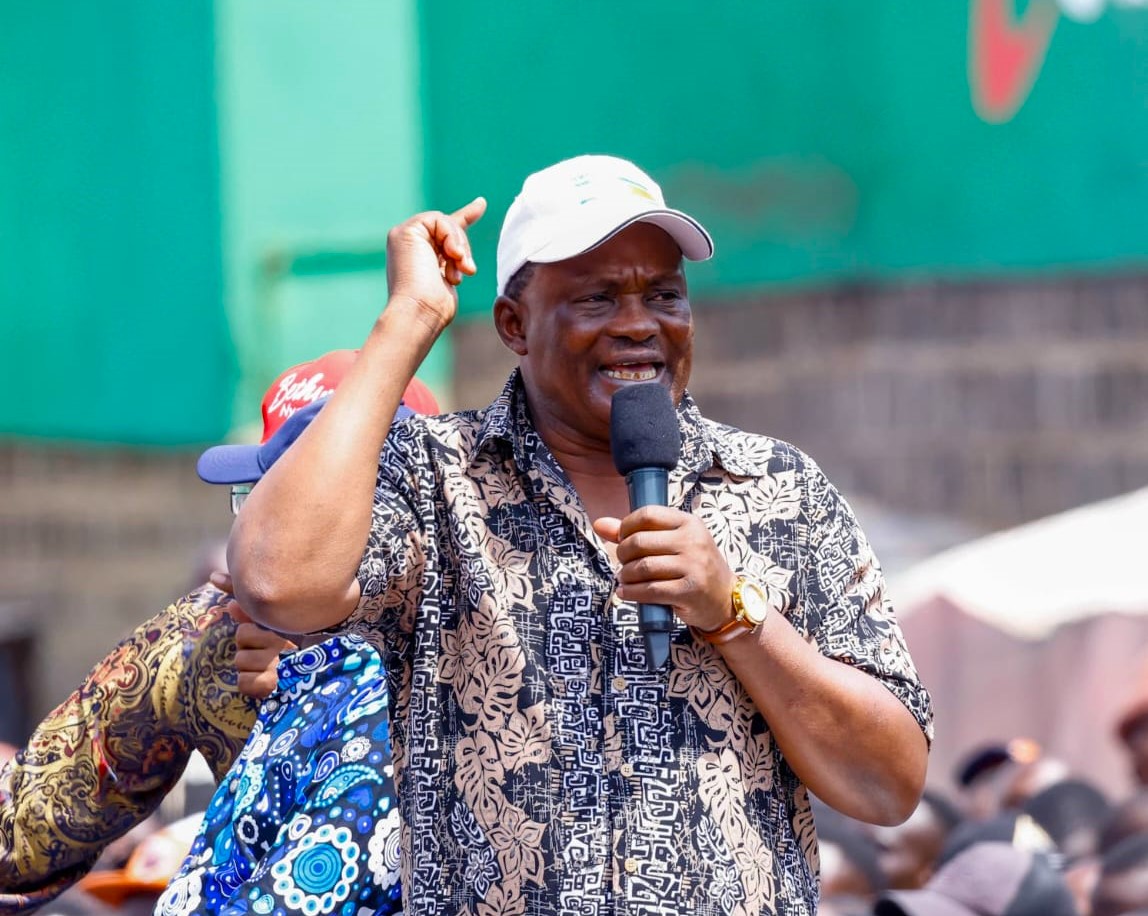Ex-CS Muturi slams presidential panel on victims’ compensation

Muturi argued that justice for victims cannot be outsourced to presidential committees, stressing that such panels lack legal authority and budgetary backing.
Former Cabinet Secretary Justin Muturi has strongly criticized the presidential panel formed to design compensation modalities for victims of state violence.
He termed the process as unconstitutional, unfunded, and a political cover-up.
Muturi argued that justice for victims cannot be outsourced to presidential committees, stressing that such panels lack legal authority and budgetary backing.
He said the move was a deliberate distraction from real justice, which should be anchored in law and delivered through courts and parliament.
“At its core, the panel is not anchored in law, has no constitutional authority, and lacks a funding framework. It is, therefore, not just inadequate. It is a deliberate distraction from the real path to justice,” Muturi wrote in a statement seen by Radio Generation.
Citing past commissions such as the Truth, Justice and Reconciliation Commission (TJRC), the Waki Commission on post-election violence, and the Kriegler Commission on electoral failures, Muturi noted that even legally constituted bodies with international support often failed to deliver justice.
He warned that presidential task forces without legal frameworks are destined to achieve even less.
Muturi accused the Executive of usurping judicial powers by creating parallel structures under its control while ignoring existing court orders awarding compensation to victims.
He said any compensation must be budgeted for by parliament and implemented transparently, not left to presidential discretion.
“The president cannot simply dip into the Consolidated Fund at will. Without a legal framework, any compensation scheme will amount to arbitrary payments, if they happen at all,” he argued.
The former Speaker further pointed out the irony of panels appointed by the presidency investigating abuses allegedly committed under its command.
“It is akin to allowing the accused to sit as judge in his own case. The principle of nemo judex in causa sua — no one should be a judge in their own cause — is the foundation of fairness,” he said.
Muturi also criticized respected civil society leaders Faith Odhiambo and Irungu Houghton for endorsing the panel, warning that their participation risked legitimizing what he called a state cover-up.
“The Constitution already provides the tools; what is lacking is political will,” Muturi said, calling on civil society to instead push for judicial independence, enforcement of court orders, and parliamentary ring-fencing of compensation funds.
He said history will judge this period by leaders’ refusal to use existing legal avenues to deliver justice, despite the availability of remedies.”
